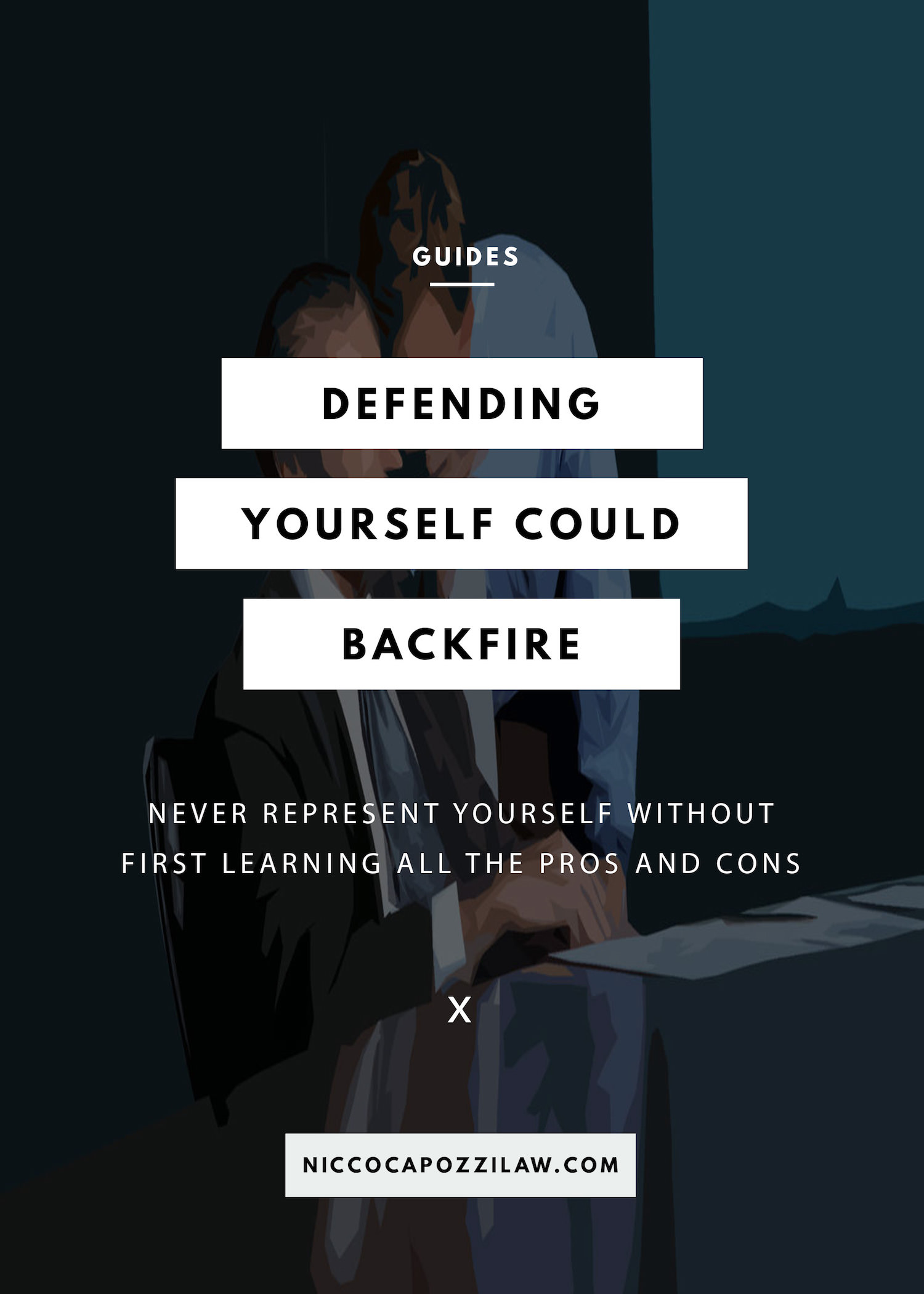A place of dwelling (usually a home or apartment) is quite often rented or lived in by more than one person. The Fourth Amendment requires that police, upon entering such a dwelling, must usually have a warrant based upon probable cause to enter the dwelling to search for persons or property. Otherwise, the search or seizure would be illegal. There are a variety of exceptions to the warrant requirement.
The United States Supreme Court has in the past ruled any person who is a “joint occupant” of the dwelling could give consent to a search when the police have no warrant. Consent is one of the exceptions to the warrant requirement; that is, police do not need a warrant if a person allows the search and/or seizure. But in 2006 in a case called George v. Randolph, the Supreme Court ruled that when two or more "joint occupants" are on the doorstep of the dwelling and they disagree whether to give police consent to search, the police can’t go in because a “physically present” occupant objects to search.
In a case decided earlier this year -- Fernandez v. California -- one co-occupant (Fernandez) was present and objected to a police search, but the police removed him from the scene because it appeared he had just battered his girlfriend and allegedly committed a robbery. When the police came back an hour later to ask the girlfriend for consent to search the apartment, she gave it. The Supreme Court ruled that the search which followed did not violate the Constitution, because Fernandez was no longer physically there and had been removed for fair reasons. Respect for the girlfriend’s independent voluntary consent requires that it be honored.
Lessons to take away from Fernandez v. California? First, be careful who you allow to inhabit your dwelling because that person, even if the home or apartment is not theirs, may properly give consent for police to search your place. Second, if something happens and the police arrive and you and another are present, do not leave the scene if you plan on objecting to allow police to search. Third, never give consent to search.





